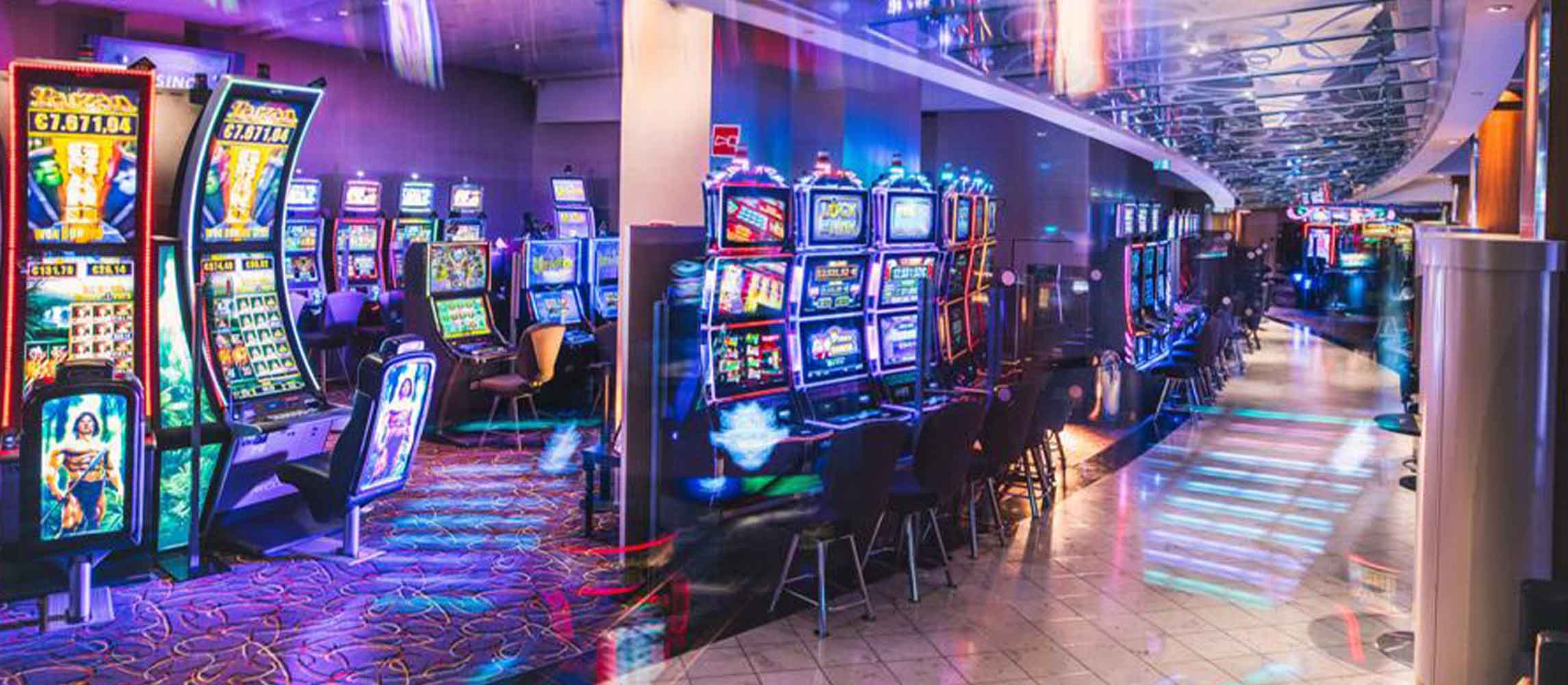
Gambling games have long been a staple in human culture, offering not just entertainment but a intriguing reflection of our hopes, ambitions, and fears. From the turning reels of a slot machine to the strategic gameplay of poker, these games embody a spectrum of human sentiments and experiences. At their core, casino games are more than a chance to win money; they are a snapshot of life itself, where risk and reward merge and fortunes can change in an eye blink.
As players assemble around tables or sit in front of glowing machines, they engage in a ceremony that transcends mere betting. These games echo our instinctive desires for relationships, adventure, and the quest for chance. They also disclose deeper truths about human nature, such as our relationship with fate and the thrill of the unknown. In exploring casino games, we discover not only the nuances of play but also the complex weave of the human journey, showcasing our intertwining narratives of goal and reality.
The Mind Behind Gambling
Gambling is intrinsically connected in the psyche of individuals, appealing to various feelings and desires. The excitement of taking risks is a fundamental aspect that draws players in, whether the thrill of spinning a roulette wheel or the excitement of drawing a winning card in a poker game. This rush of adrenaline is often compared to other forms of excitement, as the uncertainty of outcomes elicits a distinct psychological response. Players often find themselves captivated by the chance of winning big, leading to an irresistible draw toward gambling games.
Another, an essential component of the psychology behind gambling is the concept of optimism and aspiration. Participants often nourish fantasies of financial freedom and the opulent lifestyle that can accompany winning. This optimism fuels their ongoing participation in gambling, as it provides a sense of purpose and the conviction that a life-changing win could be just one wager away. The narrative of beating the odds and finding success resonates with many, reinforcing their dedication to play and engage with these games.
Lastly, social aspects play a crucial role in gambling psychology. Gambling venues are designed to foster social interaction, where players gather to share the experience of wins and losses. This shared aspect not only enhances enjoyment but also influences behavior, as individuals often mimic the actions of others around them. The collective approval found in mutual thrill can enhance the emotional experience, making casino games a mirror of not just personal desires but also collective engagement within the gambling community.
## The Dual Nature of Risk and Reward
Gambling games embody the fragile balance between danger and gain that resonates profoundly with human psychology. casino sicuri non AAMS The excitement of placing a bet is often accompanied by a rush of adrenaline, as gamblers are confronted with the possibility of striking it rich, yet conscious of the potential to lose. This twofold experience reflects a core aspect of life: the decisions we face often come with intrinsic risks, and the chase for gain can compel us to embrace risks we might not otherwise consider. In this way, gambling activities echo real-world decisions, enticing players to risk not just their capital, but also their dreams.
The allure of grand jackpots and payouts fuels a wave of hope, motivating players to imagine a better future that could manifest from a single victorious spin of the roulette or turn of a card. This optimism can drive individuals to engage in more daring actions, pushing them to push their boundaries in search of financial gain. However, just as in life, the consequences of these risks can lead to both triumph and loss. The stories of both big winners and those who have faced losses everything at the tables demonstrate the chaotic nature of chance and its impactful effect on our futures.
Ultimately, the interaction of engaging with casino games serves as a potent reminder of the human condition. Every session played is loaded with the tension of uncertainty, as gamblers weigh the gains against the dangers. This interaction not only highlights the excitement that comes with betting but also unveils the weaknesses that come with the desire for more. As we journey through the complexities of decision-making and consequence in both the gambling world and in life, we find that the quest for gain shapes our character and experiences in deep ways.
Community and Isolation in Gambling Culture
Casino environment is a special blend of communal interaction and individual endeavor, reflecting the dualities of human experience. Players often come together around games, sharing in the excitement of the game, rejoicing in wins, and sympathizing over losses. This communal aspect is essential, as it establishes a sense of belonging and bonding among varied groups of people. Regular visitors to casinos may build friendships and develop routines, turning the casino into a second home where they experience connected to a larger community of players.
However, the attraction of casino activities can also lead to isolation. As players become engrossed in the excitement of playing, they may isolate from personal relationships or fail to engage with the world outside the casino. For some, the search of a jackpot can overshadow real relationships, leading to loneliness. The situation of being among people yet feeling solitary is not uncommon, as the focus shifts from shared enjoyment to the private concerns of each individual’s journey.
This interaction of community and solitude creates a vivid tapestry that defines gaming atmosphere. It showcases the intricacy of human interactions, where happiness and despair coexist. Gambling venues serve as both a refuge for social interaction and a stage for individual struggles, demonstrating how deeply entwined our desire for companionship and the individual quest for fortune can be. In navigating this environment, players confront their own narratives—seeking both the thrill of the game and the companionship of fellow gamblers, eventually reflecting the wider spectrum of individual experience.